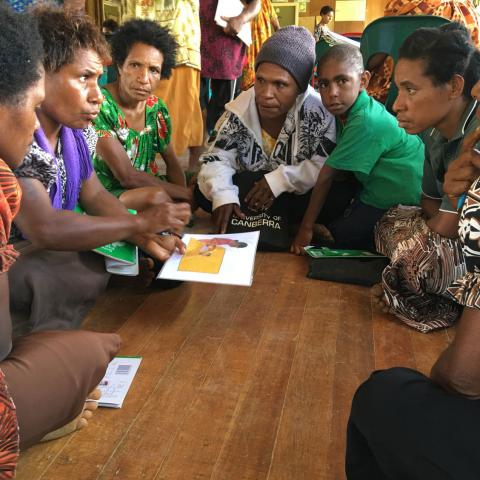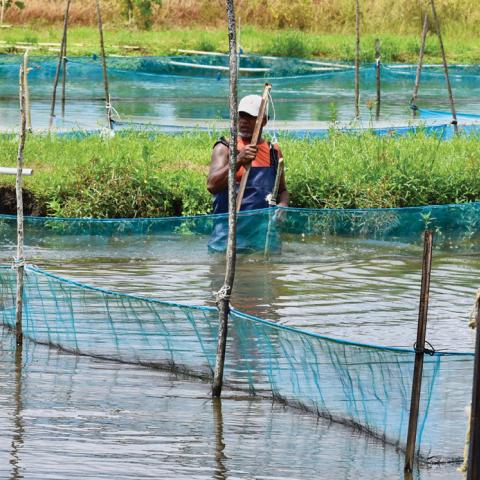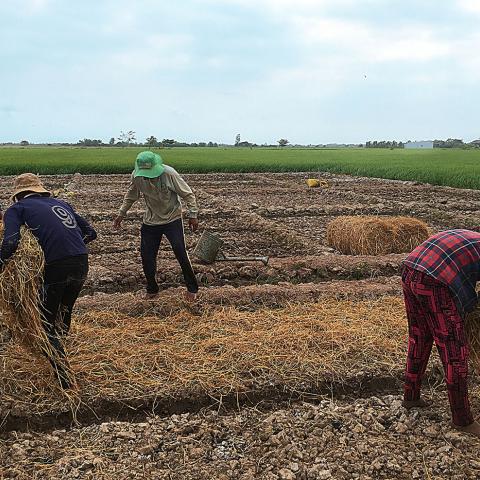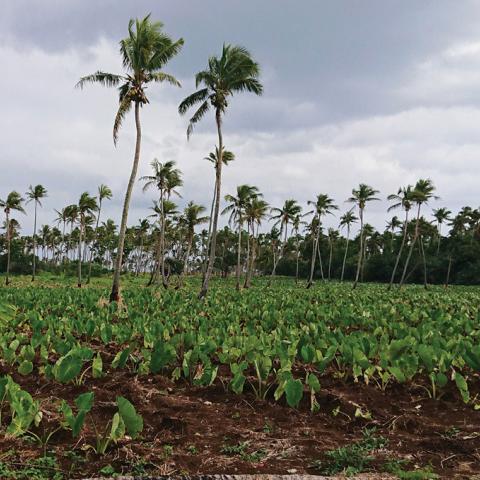Overview
The Climate Change Program progresses the science and practice of how to transform food systems and livelihoods that are under the most pressure to adapt or to reduce greenhouse gas emissions.
Systems transformation requires a strong focus on social and institutional change, supported by technical analyses, to create fundamentally new ways in which livelihoods are sustained and food is produced. The research strategy aims to progress the science and practice of 3 pillars that support transformation:
- co-governance of adaptation pathways – formal and informal ways to align and sequence the actions of governments, businesses and communities to collectively shift food and livelihood systems
- adaptive learning – equipping governments, businesses and communities with the tools and skills to rapidly adjust plans and actions in response to shifting baseline conditions
- institutional mechanisms – development and use of global and national market mechanisms to provide key levers for systems change, ensuring they also benefit small-scale producers.
Across the program there is an emphasis on locally led approaches, interdisciplinary research, gender and social equity, and building the capacity of Australian and partner country researchers and stakeholders to engage in systems thinking. The program aims to translate sciences that often seem conceptual into tangible projects and pathways for change. The program also contributes to global, multilateral collaborations and dialogues on climate change – emphasising knowledge sharing to accelerate climate response.










